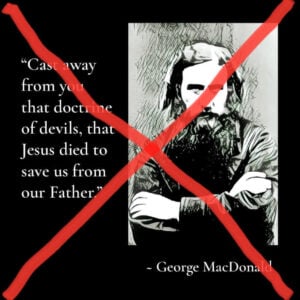Article by Mat Redding
Church small groups for me have always been comfortable places of belonging, with a little bit of learning as a bonus. I joined one because I thought that’s what good Christians did and I wanted to be one of those. When our group leaders moved there was no-one to lead the group, so I ended up as group leader. I had seen what was modelled and expected, so I tried to do the same: caring for people in the group, saying hello to them after church; finding or preparing a small bible study where we read a passage and then asked some (often obvious) questions. Even as the leader I would have weeks when I wouldn’t really want to go, but of course I had to, I was the leader. If I didn’t organise everything it just wouldn’t happen. There were of course some issues with the way things were being done. There wasn’t a developmental vision for what small groups should be and do for people and in people, how discipleship and societal change could be effected through them. It’s been refreshing and inspiring to have a well-rounded approach to church small groups presented by Michael Brodeur of pastorscoach.com, who gives vision, purpose and a careful road-map to starting and multiplying small groups to build a healthy church where all believers are not merely attendees but are active participants and disciples.
It starts with purpose. The reason for church small groups is not primarily one of care and nurture (although those things will happen there), but they are outward looking and a training ground for disciples in God’s Kingdom. They are there to develop people and to gain new people. To multiply and send out disciple makers to begin new groups, again and again. And, again. To do this there need to be several leaders with different job descriptions, and Michael Brodeur recommends five roles. Each of these roles is to see their first and primary function as recruiting an assistant, someone they will train to take over the role they are doing in just a few months, so that the group is then ready to multiply without a leadership deficit.
There is a group leader who is responsible for organisation and group multiplication, for the vision and direction the group is going. There is also a leader of the prophetic and worship who brings a creative dimension to the group. It doesn’t need to be a musician, as worship time could be done by a DJ who organises appropriate songs. The next role is to bring relevant teaching to the group, and ensure that this isn’t just a mini sermon but provokes discussion and activation in all members of the group. The care of the group members is another responsibility role, and that person keeps track of everyone’s birthday, rings them when they are missing, organises help when someone is in need and facilitates practical loving by everyone to everyone in the group. The last role is a recruiter. This doesn’t mean that they recruit all the new people. It means that they encourage, train and deploy every member of the group to recruit new members, and ensure that the group is always outward-facing, existing for the benefit of all the people who aren’t yet members.
It’s a very different culture for church small groups than I was used to understand. And, although the leadership is far more dispersed, due to the clear roles, it works. I know I’ll never do small groups in the same way again, and I’ve got a new enthusiasm for them, a new sense of purpose.



